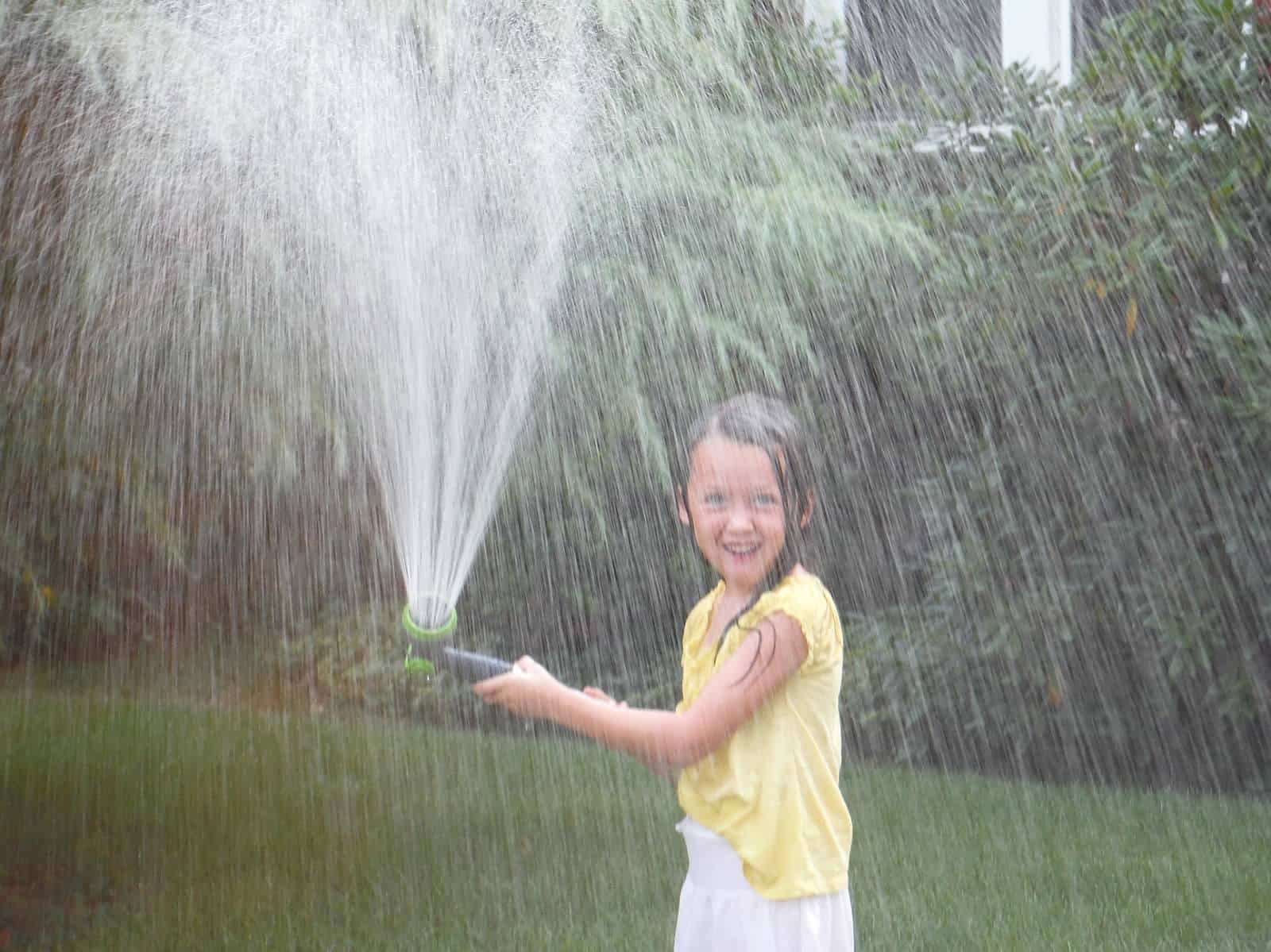
file photo by Anne Loving
AUGUST 14, 2015 LAST UPDATED: FRIDAY, AUGUST 14, 2015, 7:29 AM
THE RIDGEWOOD NEWS
Home and other property owners who have spent time, effort and money to make their places green may watch their investment wither as green turns to brown. A simple way to conserve water would require an update to a water department regulation: mandate the use of a rain sensor with every existing irrigation system as well as new ones.
These small, unobtrusive, inexpensive monitors tell the sprinkler system not to turn on when the gauge contains a certain level of water. Avoiding wasted sprinkling during or just after a rainfall helps the homeowner as well by saving money, especially as water rates rise.
Rain sensors are mandated by Ridgewood Water only for newly installed irrigation systems, with older systems grandfathered. With stage II in force and the specter of stage III looming, the time for grandfathering is past. A deadline of April 2016 would be reasonable, after which a warning could be given and then fines levied for noncompliance.
Ridgewood Water asks residents to alert their neighbors who flout watering restrictions. Passing the buck to neighbors for oversight on this issue is unrealistic. It has to come from the top.
My own story includes a cautionary tale. After years of observing other people’s sprinklers working in the rain, and having done too much planting to continue hauling sprinklers around or water the yard with a hose, I finally had a sprinkler system installed about six years ago. As required, a rain sensor was included. I congratulated myself upon being an environmentally aware and frugal citizen.
One night last summer I happened to be awake at dawn, when my sprinkler system turned on – to my surprise, since it was raining. When this happened a second time, I called my current sprinkler company (having dropped the original one for other reasons) to request a visit. The technician found that the sensor had been installed under a small overhang. It had never worked. Neither company had ever checked.
I had the sensor moved. It works now. But for years I was an unwitting scofflaw.
Moral: even those with a rain sensor in place would do well to make sure it is actually working. But first, let’s make sure everybody has one.
Marcia Ringel
Ridgewood

There is virtually zero enforcement of violations of the existing restrictions, so making them more complicated by having compulsory rain sensors would be hopeless. I work in the corporate sector and one of the basic rules of writing new policies and procedures is not writing any new ones that cannot be realistically enforced.
These rules may or may not be enforced but rain sensors do work.
My neighbors have very green lawns….something’s amiss here….
there are new ones that work by going online to see if its raining. they also have cool online access.
Our ignorant news residents do not play by the rules
Obviously there is no enforcement and you can tell who plays by the rules/ they have a brown lawn
Not really, 7:33. Mine is green and I played by the rules, always did.
Plenty of residents with grandfathered sprinkler systems have never even heard of rain sensors. Even if enforcement is unlikely, does that make it better to retain the status quo? Why not at least educate residents and give them the opportunity to reduce water use and their own water bill at a very small price and with no loss to their plantings?
Are the people on beechwood exempt? Wet curbs, lawns look like golf greens…..hmmmmm
We play by the rules and have a green lawn. It is possible.